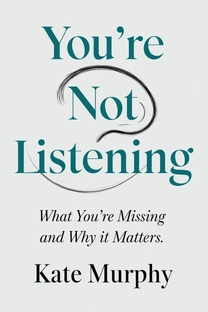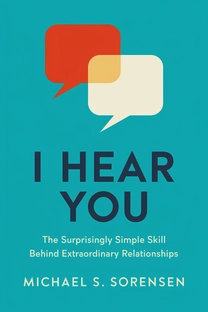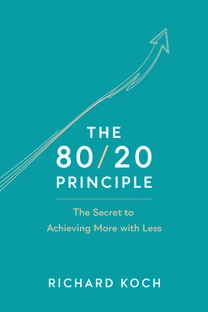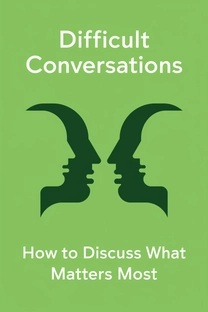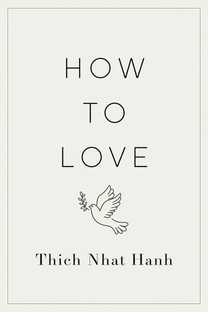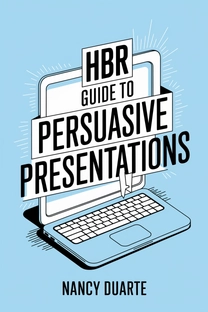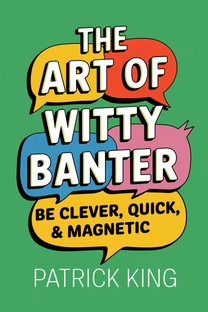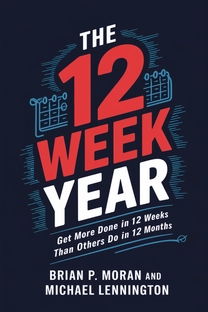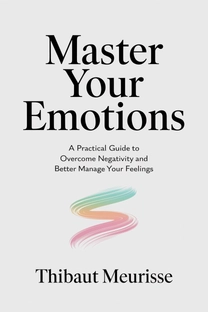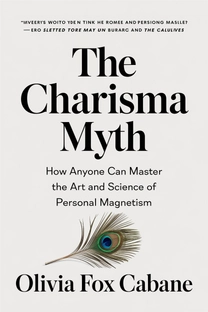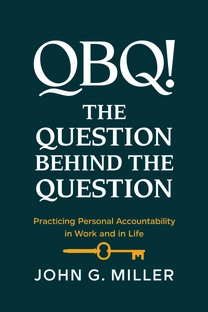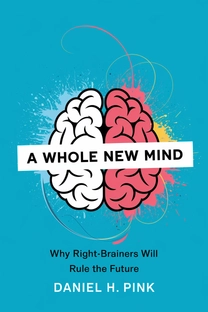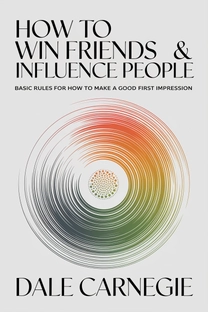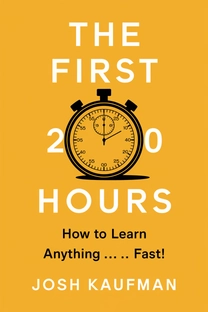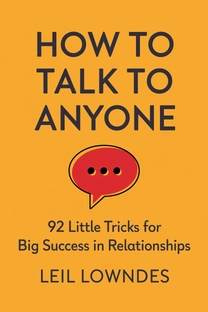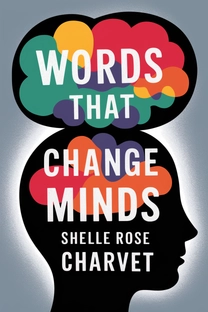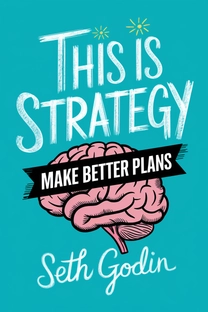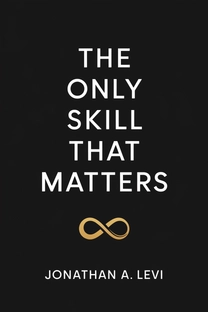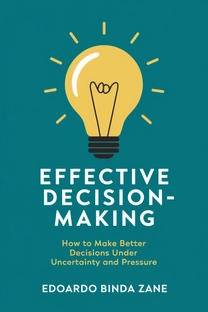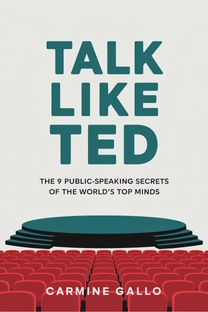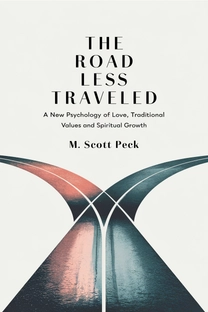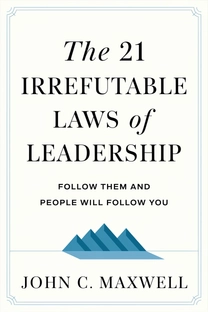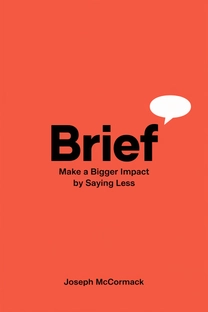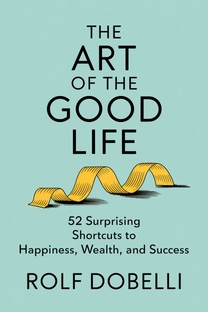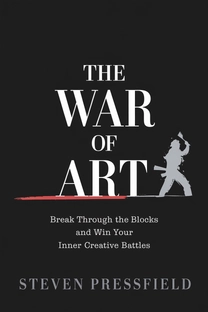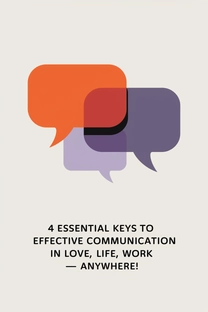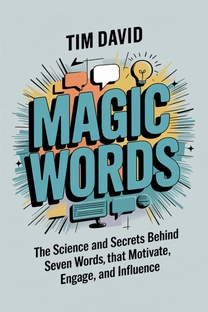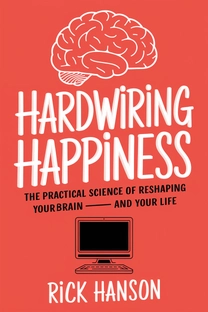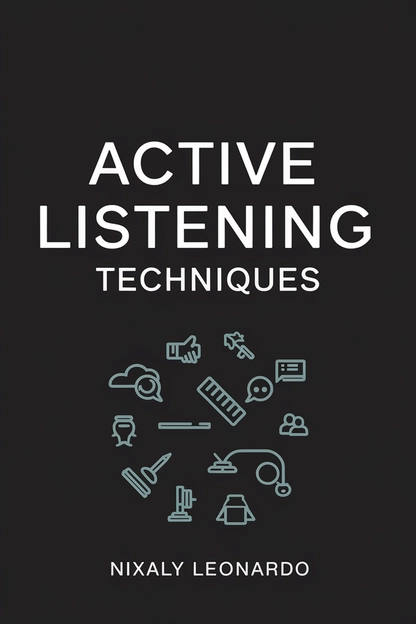
Active Listening Techniques
30 Practical Tools to Hone Your Communication Skills
by Nixaly Leonardo
Brief overview
This book shows how to go beyond merely hearing words and truly engage with others on a deeper level. Through concrete methods and relatable examples, it demonstrates how active listening can build empathy, diffuse tension, and foster meaningful connections. By the end, you’ll feel ready to apply its practical techniques in your daily interactions.
Introduction
Many of us assume we’re good listeners simply because we stay quiet while someone else speaks. But true listening involves more than silence—it requires engagement, empathy, and a readiness to interpret and validate another person’s perspective. Active listening is the key to transforming surface-level conversation into genuine understanding. It provides a solid foundation for navigating personal and professional situations alike.
From relationships with friends and family to high-stakes office meetings, speaking and listening skills define how people relate to us. When we fail to listen actively, small misunderstandings can escalate into conflicts, missed opportunities, or a loss of trust. By incorporating the techniques outlined in these pages, you’ll learn how to create an environment in which others feel heard and respected.
Whether you aim to show empathy, lead effective negotiations, or build better teamwork, active listening steadily refines your communication style. By weaving empathy into every conversation, you can open doors to deeper connection. This journey starts here, with a desire not just to hear words but to truly understand people’s feelings and motivations.
Throughout this summary, you’ll discover clear steps, anecdotes, and practical tools to strengthen your active listening muscle. You’ll see that genuinely caring about others’ viewpoints can lead to positive, even transformative, shifts in relationships. Let’s begin by exploring the true essence of listening and how it differs from the passive approach many of us unconsciously take.
The Essence of Active Listening
Active listening comprises more than one specific skill. In essence, it merges critical, reflective, and even passive elements. A critical listener analyzes facts, reflective listening repeats or paraphrases to confirm understanding, and passive listening provides space for someone to speak uninterrupted. When combined mindfully, these modes help you respond in ways that reassure the speaker and deepen your grasp of their message.
Consider reflective listening: repeating back in your own words what someone said shows them you care. It’s not about judging; it’s about confirming, “Yes, I hear you.” This small step can ease tensions and clear up hidden assumptions. Meanwhile, passive silence lets speakers delve deeper without interruption.
Consistency is key to active listening. Instead of “zoning out” or waiting for your turn, you seek the speaker’s viewpoint and uncover what truly matters to them. That willingness helps you read subtle cues—changes in tone, facial expressions, or posture—and respond with empathy.
With practice, active listening becomes second nature. You’ll find conversations flowing delicately as colleagues, friends, or family sense your commitment to fully ‘being there.’ It’s a dynamic process, certainly more demanding than letting someone’s words drift by, but the payoff is a closer, more authentic interaction every time.
What is Active Listening Techniques about?
Active Listening Techniques by Nixaly Leonardo is an insightful guide designed to transform your communication skills through practical tools focused on active listening. This carefully crafted book elucidates the differences between critical, reflective, passive, and active listening, serving as your gateway to better personal and professional interactions. Offering a well-structured approach to mastering the art of listening, it helps you navigate heated conversations and foster empathy, ultimately leading to more meaningful connections.
Emphasizing the power of active listening, this book highlights tangible techniques to remain fully present, manage distractions, and handle emotionally charged dialogues. It empowers readers to set healthy boundaries while maintaining empathy, ensuring conversations remain productive and respectful. The emphasis on nonverbal cues and mindful communication enhances persuasive dialogue, making your interactions more impactful and enriching. Transform the way you engage with the world through this must-read for effective communicators.
Essential for anyone ready to elevate their personal and professional relationships, this purposeful guide pushes the bounds of typical communication to foster deeper understanding and connection. Dive into 30 practical tools that will enlighten and equip you for transformational listening, unlocking unexplored potential in conversations.
Review of Active Listening Techniques
If you're seeking to refine your communication skills, Active Listening Techniques by Nixaly Leonardo provides a treasure trove of useful strategies. The book's strength lies in its grounded approach, effectively blending theory with concrete, relatable examples. Leonardo emphasizes the importance of nonverbal cues and silence as vital components of active listening, which was enlightening. The methods for managing cognitive distortions and building empathy were particularly practical, offering key insights on improving self-awareness.
The text's tone is engaging yet accessible, ensuring that the concepts are easy to grasp regardless of the reader's background. The variety of examples and scenarios makes the book relevant for professionals, students, and anyone keen to enhance their interpersonal skills. One of the standout sections discusses the art of giving constructive criticism and asks questions without coming across as judgmental—skills that are invaluable in today's fast-paced environments.
Ultimately, Active Listening Techniques is a commendable read that imparts transformational tools that extend beyond communication. Recommended for those who wish to create impactful, empathetic exchanges in both personal and work spheres.
Who should read Active Listening Techniques?
- Professionals looking to improve workplace communication and team dynamics will find the practical exercises and insights particularly relevant.
- Educators and trainers can benefit from the strategies for building empathetic listening skills, which are crucial in educational environments for fostering student engagement.
- Anyone in a leadership role, from managers to HR personnel, seeking to enhance their feedback-giving skills and cultivate a supportive team culture.
- Individuals navigating personal relationships that require more empathy and understanding will appreciate the sections on managing sensitive conversations and maintaining personal boundaries.
- Students or lifelong learners interested in self-improvement and increasing their effectiveness in group discussions and project collaborations will find valuable tools in this book.
About the author
Book summaries like Active Listening Techniques
Why readers love Mindleap
10-Minute Book Insights
Get the core ideas from the world's best books in just 10 minutes of reading or listening.
Curated For You
Discover your next favorite book with personalized recommendations based on your interests.
AI Book ExpertNew
Chat with our AI to help find the best book for you and your goals.
Reviews of MindLeap
Love how I can get the key ideas from books in just 15 minutes! Perfect for my busy schedule and helps me decide which books to read in full.
Alex R.
The summaries are incredibly well-written and the audio feature is perfect for my commute. Such a time-saver!
Jessica M.
Great app for personal growth. The insights are clear and actionable, and I love how they capture the essence of each book.
Chris P.
The app is beautifully designed and the summaries are top-notch. Definitely worth every penny!
Sarah K.


